China’s legislators will discuss a new national security law specifically crafted for Hong Kong. The issue has long been controversial in the city, despite the Basic Law requiring its enactment.
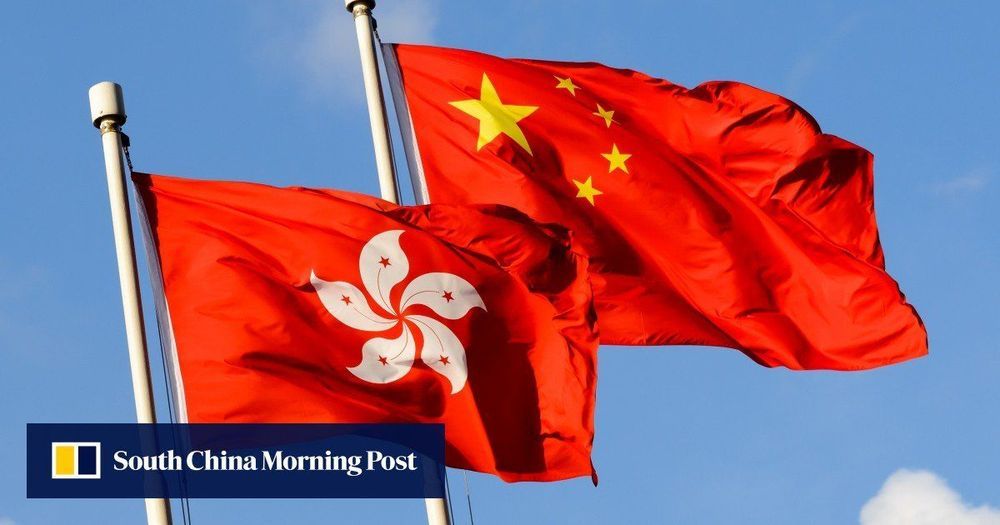

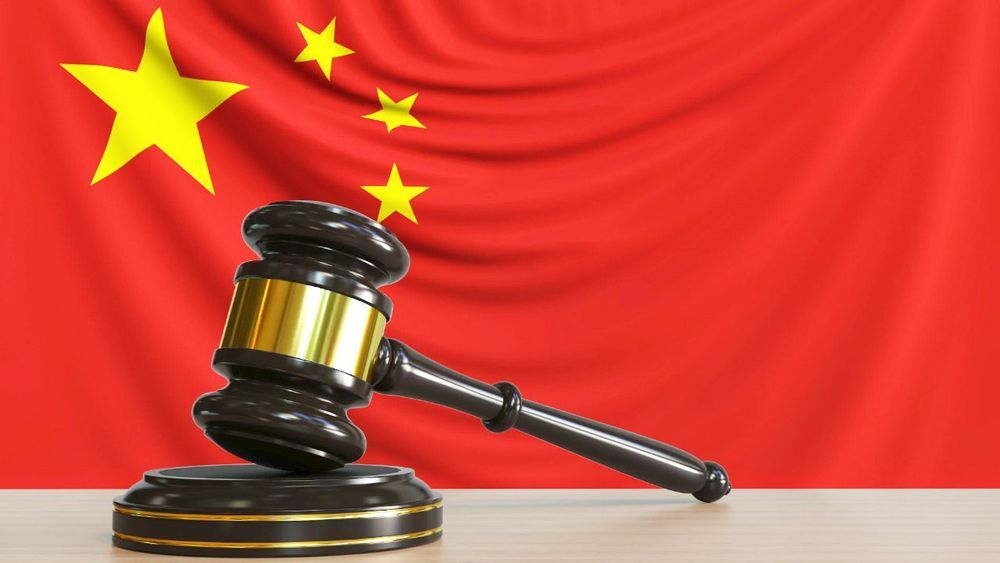
There is an interesting case of a blockchain engineer and a crime in the article.
A district court in China has reportedly ruled that Ethereum’s cryptocurrency is legal property with economic value. This ruling follows a couple of other verdicts on the legality of cryptocurrency, including bitcoin, by various Chinese courts. While cryptocurrency is not legal tender in China, people can hold and transfer them like property.
The Shenzhen Futian District People’s Court in Guangdong Province, China, has ruled that ether is legal property, protected by Chinese law, local media reported last week. This means that the Chinese are not barred from owning or transferring the cryptocurrency, local publication 8btc explained, adding that according to the court ruling:
The crypto assets represented by ETH have economic value and can be traded publicly.
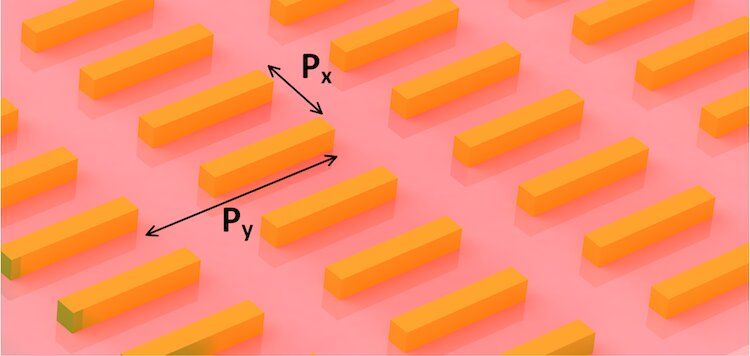
Metamaterials, which are engineered to have properties not found in nature, have long been developed and studied because of their unique features and exciting applications. However, the physics behind their thermal emission properties have remained unclear to researchers—until now.
In a paper published in Physical Review Letters, Sheng Shen, an associate professor in Carnegie Mellon’s department of mechanical engineering, and his student Jiayu Li, a Ph.D. candidate, have created a new scale law to describe the thermal emission from metasurfaces and metamaterials.
“With this new scale law uncovering the underlying physics behind the collective thermal emission behavior of metamaterials, researchers could easily utilize existing design and optimization tools to achieve desired thermal emission properties from metamaterials, instead of blindly searching for the best solution through mapping the entire design space,” Li said.
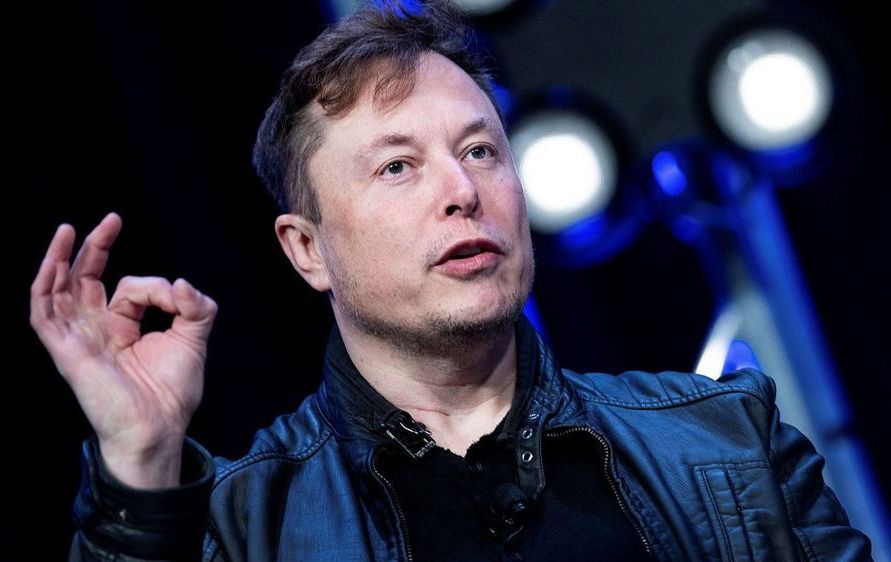
Elon Musk tweeted a complaint about Tesla’s share price that wiped $14bn off the company’s stock market value on Friday morning.
The seven-word tweet was the latest controversial outburst from the outspoken chief executive, whose outpourings on Twitter have landed him in hot water before. An incorrect claim in the middle of 2018 that he was close to a buyout of Tesla led to a complaint from the US Department of Justice and a settlement that involved Mr Musk agreeing not to issue market-moving tweets in future without first clearing them with his company’s legal department.
Tesla did not immediately confirm whether Mr Musk’s tweet had been given legal clearance, and did not respond to a question about whether the company currently has a general counsel. Tesla lost three general counsels last year, one of them quitting after only two months.

Bad news.
The US Patent and Trademark Office (USPTO) has ruled that artificial intelligence systems cannot be credited as an inventor in a patent, the agency announced earlier this week. The decision came in response to two patents — one for a food container and the other for a flashing light — that were created by an AI system called DABUS.
Among the USPTO’s arguments is the fact that US patent law repeatedly refers to inventors using humanlike terms such as “whoever” and pronouns like “himself” and “herself.” The group behind the applications had argued that the law’s references to an inventor as an “individual” could be applied to a machine, but the USPTO said this interpretation was too broad. “Under current law, only natural persons may be named as an inventor in a patent application,” the agency concluded.

On March 6, the Moon Village Association unveiled a set of 15 draft Moon Village Association (MVA) Principles intended to help facilitate the peaceful settlement of the Moon by establishing best practices for the long-term sustainability of lunar and cislunar activity. The MVA Principles are now published on the MVA website and are open for public comment. The announcement by the president of the MVA, Dr. Giuseppe Reibaldi, took place during a day-long symposium on Returning to the Moon: Legal Challenges as Humanity Begins to Settle the Solar System hosted by the Global Space Law Center at Cleveland State University’s Cleveland-Marshall College of Law (see “Hard law or soft law? The debate about the future of space law”, The Space Review, April 13, 2020).
As discussed further below, all stakeholders, including members of the general public, are invited to submit their comments on the principles through the MVA website. The purpose of this article is to answer some basic questions about the nature of the MVA Principles and to provide a concise summary of the principles to acquaint readers with their scope.
What is the Moon Village Association? The concept of the “Moon Village” is a vision of peaceful global cooperation in lunar exploration and utilization. The concept contemplates a collection of international efforts that involve both governmental and non-governmental (i.e. private) entities conducting activities in a spirit of cooperation and mutual assistance. Everyone is free to contribute to humanity’s future on the Moon in accordance with their individual capabilities. The Moon Village Association (www.moonvillageassociation.org) was incorporated in Vienna in 2017 with the goal of implementing the Moon Village concept by serving as a hub of communication for stakeholders in the new international push to establish a permanent human presence on the Moon. At the core of the MVA is an extensive network of professionals and institutions from more than 40 countries.

Saudi Arabia is to abolish flogging as a form of punishment, according to a legal document seen by media outlets.
The directive from the Gulf kingdom’s Supreme Court says flogging will be replaced by imprisonment or fines.
It says this is an extension of human rights reforms brought by King Salman and his son, the country’s de facto ruler Crown Prince Mohammed bin Salman.

The first EU permits for insects as a “novel food” should be issued in mid-2020. This will end the legal uncertainty about breeding insects for human consumption in Europe. Now is the time to draw lessons from Belgium, which has served as a sandbox for the fledgling industry, about its future prospects. Are we really ready to eat insects?
Romy is an adorable little blond girl who, like all children under the age of 2½ in Belgium, goes to the crèche most weekdays. Her parents spend 20 minutes every evening preparing her lunch, carefully weighing out some carbs, freshly cooked vegetables, a protein-rich ingredient, some high-quality fat and a sprinkling of chopped herbs. It’s the recommended diet for a child her age. But unlike most of Belgium’s children, Romy gets a meal that eventually includes a teaspoon of cricket powder. In fact, she even loves to snack on some whole locusts from time to time. All this thanks to Belgian’s progressive regulatory system, which allowed a whole new sector in the Western agrifood landscape to open up here a few years ago.
In theory, Romy is well on track to help fulfil the prediction, or rather prescription, of the Food and Agriculture Organisation (FAO) for insects to become “a high-value source of animal protein for the rapidly growing world population.” But the challenges ahead are huge and Belgium, as a test ground, has gained some valuable experience. Along with a few other countries in Europe, Belgium has taken a bite at insects. But sometimes it hurts.
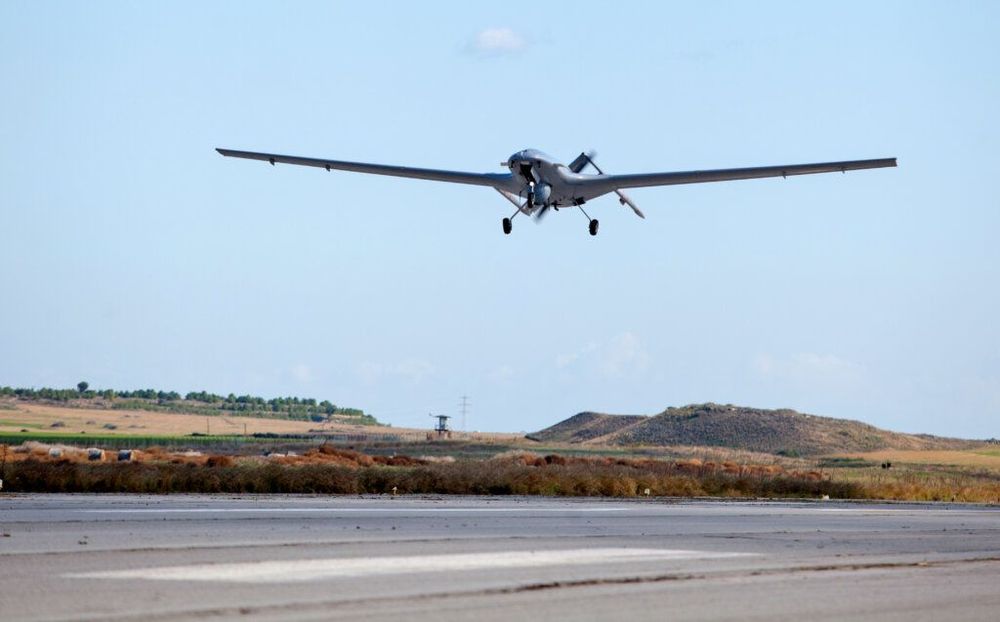
This is a disturbing article on the utilization of drones by Turkey in attacks in Syria. What is unclear to me is whether the drones were piloted or whether they were autonomous. This is a critical distinction for me because drones that are piloted by humans are under human control and are legal. Autonomous drones are killer robots and are immoral.
“Regardless of an exact death toll and damage evaluation, there is a general understanding that the Idlib attacks were an example of effective air warfare, in which killer drones, rather than piloted jets, played a key role. “My understanding is that Turkey compensated for its inability to fly jets over Idlib by using drones, lots of drones,” says Aron Lund, a fellow with U.S.-based think tank The Century Foundation.”
Ban Killer Robots!
Those who want to win do not prepare for wars of today — they prepare for wars that are to be fought tomorrow.
As it appears, this golden rule of military art is carefully adhered to in the power corridors of Turkey, which is now playing its own complicated game in the multisided war in Syria.
The recent developments in Idlib, the last rebel-held enclave in Syria’s northeast, showed that the Turkish military is hightailing rapidly towards the future, with its massive use of unmanned aerial vehicles.

Founded in 1986, the Multidisciplinary Association for Psychedelic Studies (MAPS) is a 501©(3) non-profit research and educational organization that develops medical, legal, and cultural contexts for people to benefit from the careful uses of psychedelics and marijuana. MAPS furthers its mission by: Developing psychedelics and marijuana into prescription medicines; Training therapists and working to establish a network of treatment centers; Supporting scientific research into spirituality, creativity, and neuroscience; and educating the public honestly about the risks and benefits of psychedelics and marijuana.